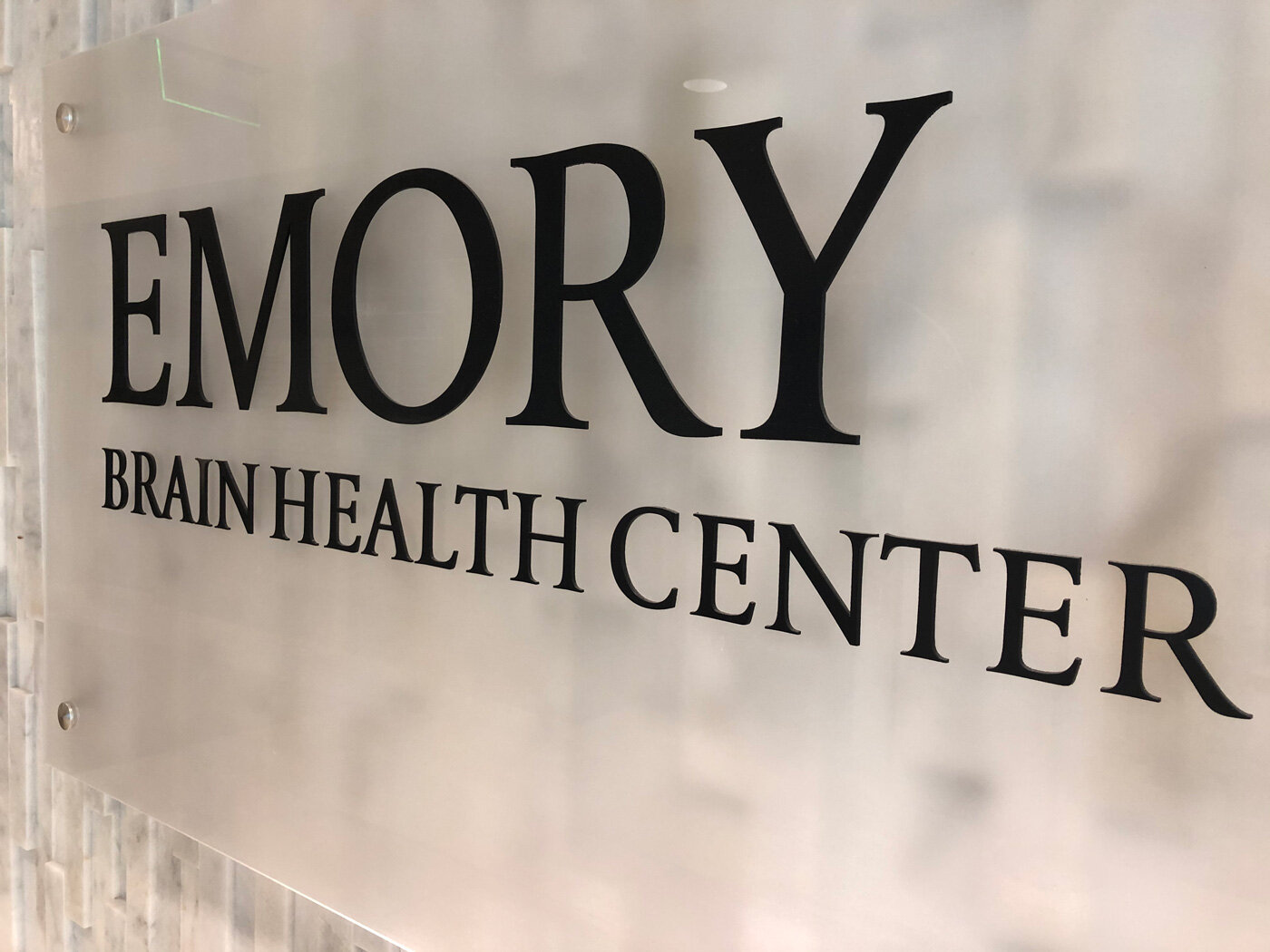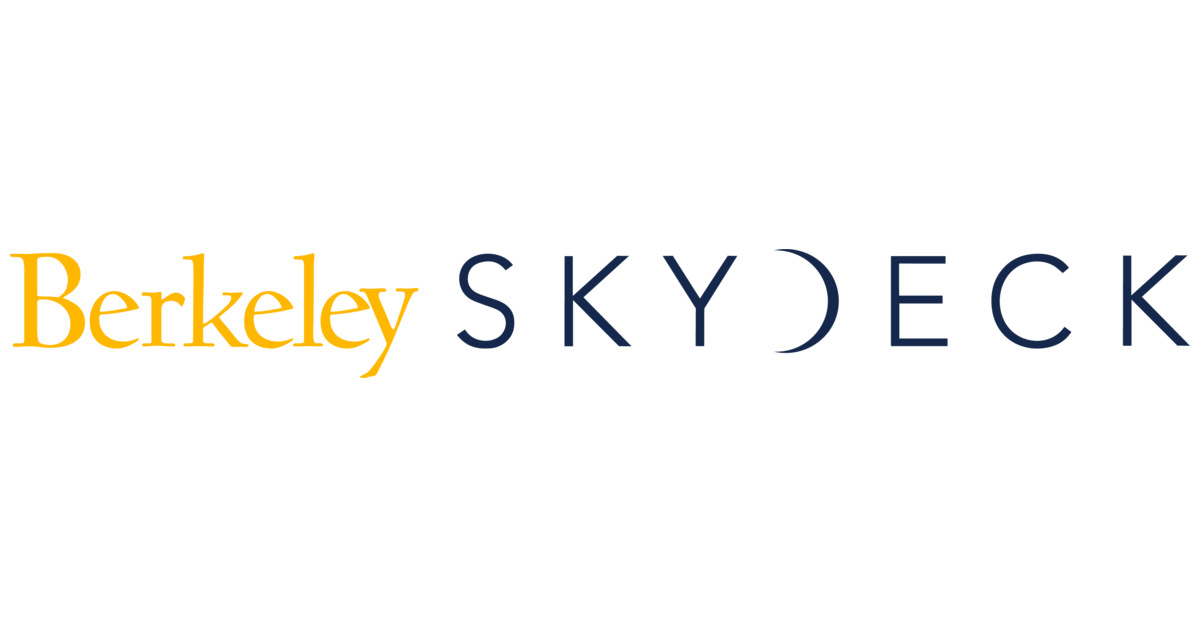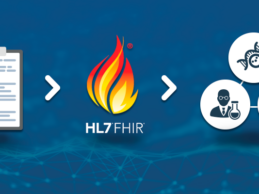In IBM’s 2022 Cost of a Data Breach report, the company revealed that the global average cost of a data breach was $4.35 million. In the healthcare sector, however, that number skyrocketed to $10.1 million. Why is an attack on a healthcare organization so much more costly? While part of this comes down to the fact that healthcare organizations often have big budgets, and so might be able to pay big ransoms, the biggest part of the answer is consequences. In there, real lives are at stake. Downed
Read More
PhD
Emory Taps NeuroFlow to Scale Collaborative Care Model
What You Should Know: Emory Healthcare (EHC) today announced a partnership with NeuroFlow to support and improve the delivery of psychiatric services for both patients and providers at their Brain Health Center and several sites across Georgia.NeuroFlow, which offers a cloud-based registry and enterprise platform to help facilitate collaborative care, will support EHC clinical services’ data-driven approach to patient care, with a sharpened focus on improving communication
Read More
4 Keys to Modernizing Public Health Data Collection and Analysis
The COVID-19 pandemic shined a spotlight on the urgent need to modernize the nation’s public health system. Despite success in rapidly developing vaccines, the unprecedented public health emergency also exposed significant gaps in U.S. public health infectious disease data collection and analysis methods which are critical for identifying behavioral risk factors and preventive actions. The Problem Unfortunately, inefficiency remains a hallmark of the U.S. public health surveillance system
Read More
UC Berkeley Bio Track Helps Faculty Launch Biotech Startups
What You Should Know: Berkeley SkyDeck, the global hub for entrepreneurship and a leading accelerator, today announced that it has welcomed the first three companies for its new SkyDeck LSEC Bio Track: AsparaGlue, Editpep, and MZR Neurotech.The inaugural track, created in partnership with the UC Berkeley Life Sciences Entrepreneurship Center (LSEC) through LSEC’s new Venture Grant Program, will assist the UC Berkeley faculty-led teams to launch their own biotech and life sciences
Read More
Closing Racial Disparities in Patient Portal Usage
Over the last decade, the healthcare industry has experienced an explosion of digital innovation. Simultaneously, shifting consumer preferences around convenience and access to care has accelerated the pace of technology adoption at unprecedented speed, especially in the wake of the pandemic. The value of these digital tools is manifold: healthcare enterprises report increased operational efficiency, higher quality care delivery, cost savings, and the potential to deliver a more
Read More
Is Education is the Catalyst to Increased Adoption of Handheld Ultrasound?
Handheld ultrasound has not yet reached mainstream adoption but the market is still forecast to reach over $500 million by 2026. Signify Research’s newly published Handheld Ultrasound Deep Dive Report 2022 shows that market revenues are estimated to have grown by approximately 30% in 2021, driven by strong growth in the US, the biggest market for handheld ultrasound. Despite the global challenges for handheld ultrasound vendors in 2022, such as rising inflation and supply chain disruptions, the
Read More
U.S. Air Force and SimX Expands VR Medical Training Partnership
What You Should Know: - SimX and the U. S. Air Force are announcing a $1.7M expansion of its ongoing effort to advance the future of medical simulation training using virtual reality (VR) technology. - This effort, housed within the Virtual Advancement of Learning for Operational Readiness (VALOR) program at SimX, aims to enhance the usability and medical capability of virtual simulation training, with a focus on prehospital combat casualty care delivered by the Air Force's elite special
Read More
Why Researchers Should Explore New Apps of Machine Learning
As the amount of real-world data (RWD) in the pharmaceutical industry continues to grow, so does the usage of machine learning (ML) to analyze that data and gain insights. In fact, in a recent survey, 95% of life sciences executives said they expect to utilize ML in the next few years to generate real-world evidence (RWE) from this data. With such a large and growing volume of data available, researchers may be wondering how they can take advantage of all of it to enhance and expand the
Read More
Study Reveals Current Landscape of FHIR Apps
What You Should Know: - A study led by Regenstrief Institute Research Scientist Titus K. Schleyer, DMD, PhD, is among the first to survey the current landscape of FHIR® apps, providing a snapshot of how the innovative standard is used to enable the flow of health information - FHIR apps can pull in data from most electronic health record systems, facilitating secure movement of information when and where needed. Expanding the Horizon of Patient Data Security Via FHIR Apps FHIR,
Read More
Trust in Local Hospitals/Health Systems Increased During Pandemic
What You Should Know: - NRC Health, the leading partner in building Human Understanding through personalized healthcare solutions and data-driven insights, released findings from its national Market Insights study that reveal that people trust local hospitals and health systems far more than they trust federal, state, and local government to handle the COVID-19 pandemic. - NRC Health also found through its experience surveys that patients’ language preferences are a strong predictor of
Read More










